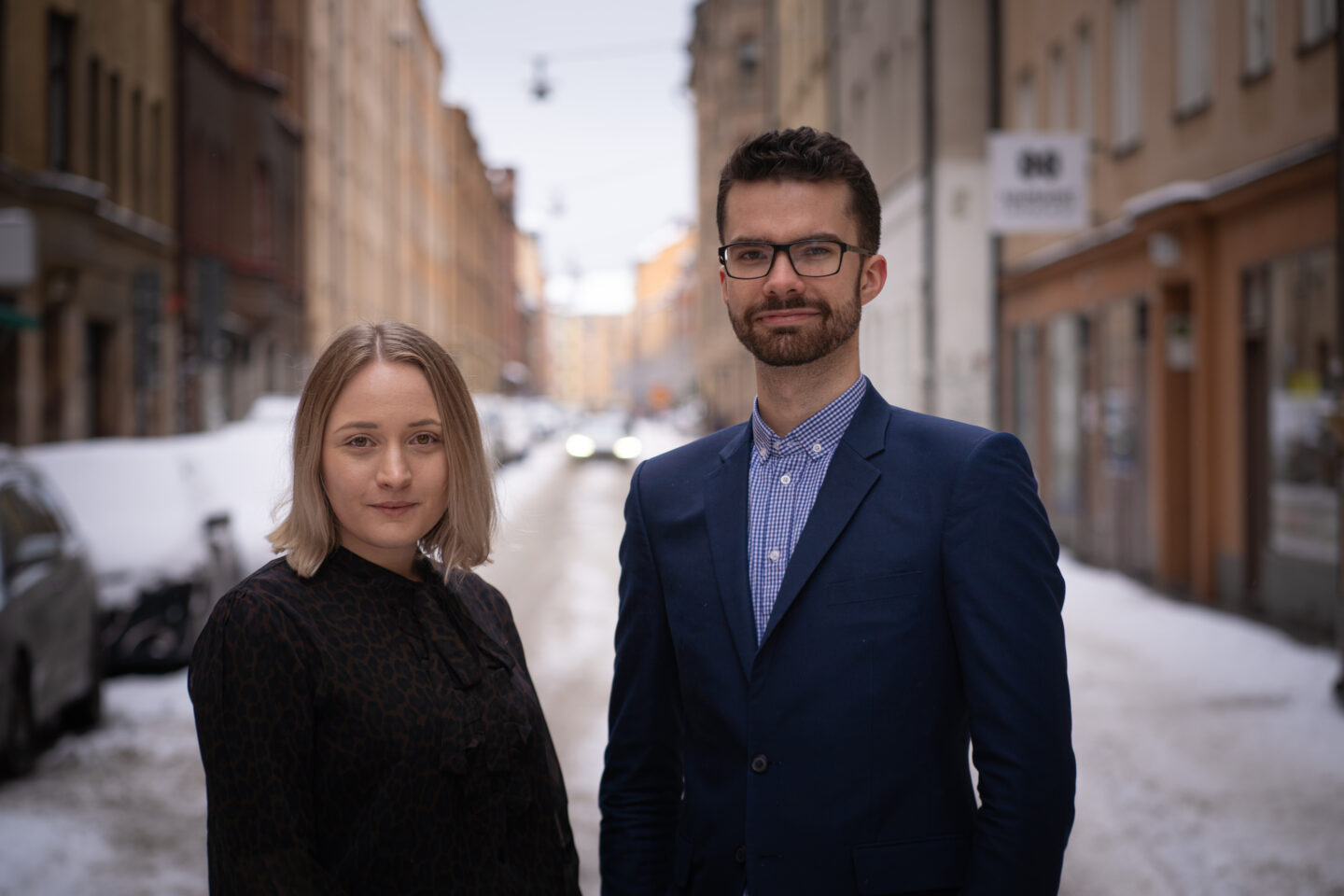Just over two months ago, hundreds of thousands of students started their studies at Swedish universities and colleges for the spring semester. Some will soon graduate and worry about a labor market affected by the corona pandemic, others are expectant and have just begun a new chapter in life. What we have in common is that we live and study in a time when sustainability with a focus on the climate is the biggest challenge and the adjustment society is facing.
In order for us to be able to build a sustainable society that can cope with both the climate crisis and the humanitarian problems the world is facing, it is necessary that all parts of society contribute to change. Smaller efforts are not enough, but major shifts must take place to write a new story of our future.
We see a labor market that faces other challenges than what it has done and a time that is constantly changing. For the adjustment that is to take place, the global fluctuations are taken into account and to understand this, skills are required that higher education can provide by easily explaining complex situations.
The Higher Education Act stipulates that universities and colleges must promote sustainable development in their activities, which means that current and future generations are assured of a healthy and good environment, economic and social welfare and justice.
The academy as well as the business community have a very important role for sustainable development. Universities and colleges can, through education, research and collaboration, create, refine and disseminate knowledge that benefits the whole of society.
It is about understanding, explaining and improving as well as interpreting. The academy can be this hub where today's as well as tomorrow's citizens and leaders are formed and set the agenda for a better tomorrow. Sweden as a nation of knowledge must fulfill the commitments and agreements that have been signed, but we cannot see that this is done.
Many students are young and have not yet entered the labor market. As representatives of students and student unions, we see a great commitment to sustainability and climate issues. There are several initiatives where students influence the higher education institutions. They are working to ensure that the higher education sector takes greater responsibility for the climate issue. Of course, the institution that has the task of forming is also expected to live as it teaches.
But we also see a concern. A concern about how the climate issue will affect one's own and future generations' lives. There is an incredible power and will to change and get involved. To build a more sustainable future together. It is urgent. We must make as big a difference as we can in as short a time as possible. At the same time, it needs to be efforts that last for a longer period of time, they can no longer be temporary. We do not want to see more paper products.
Just as every company and the business community in general need to look at their business and see where the biggest difference can be made, so the academy needs to do the same. We see that the higher education institutions need to take greater responsibility for their own climate footprint, but above all it is about the strength of the education.
Sustainability needs to permeate all education. It is not a separate part that can be taught in a few lectures but a perspective that needs to be part of the whole activity.
Because it is not an isolated mystery how we should build the future sustainably and solve the challenges we face - but it is part of everything we do. The solutions therefore need to permeate our entire future. A future with a foundation to hold.
Linn Svärd, Vice Chairman
Simon Edström, Chairman
Read more about SFS's opinions and work within Sustainable Development here
This text has previously been published in Dagens Industri as part of a campaign.
